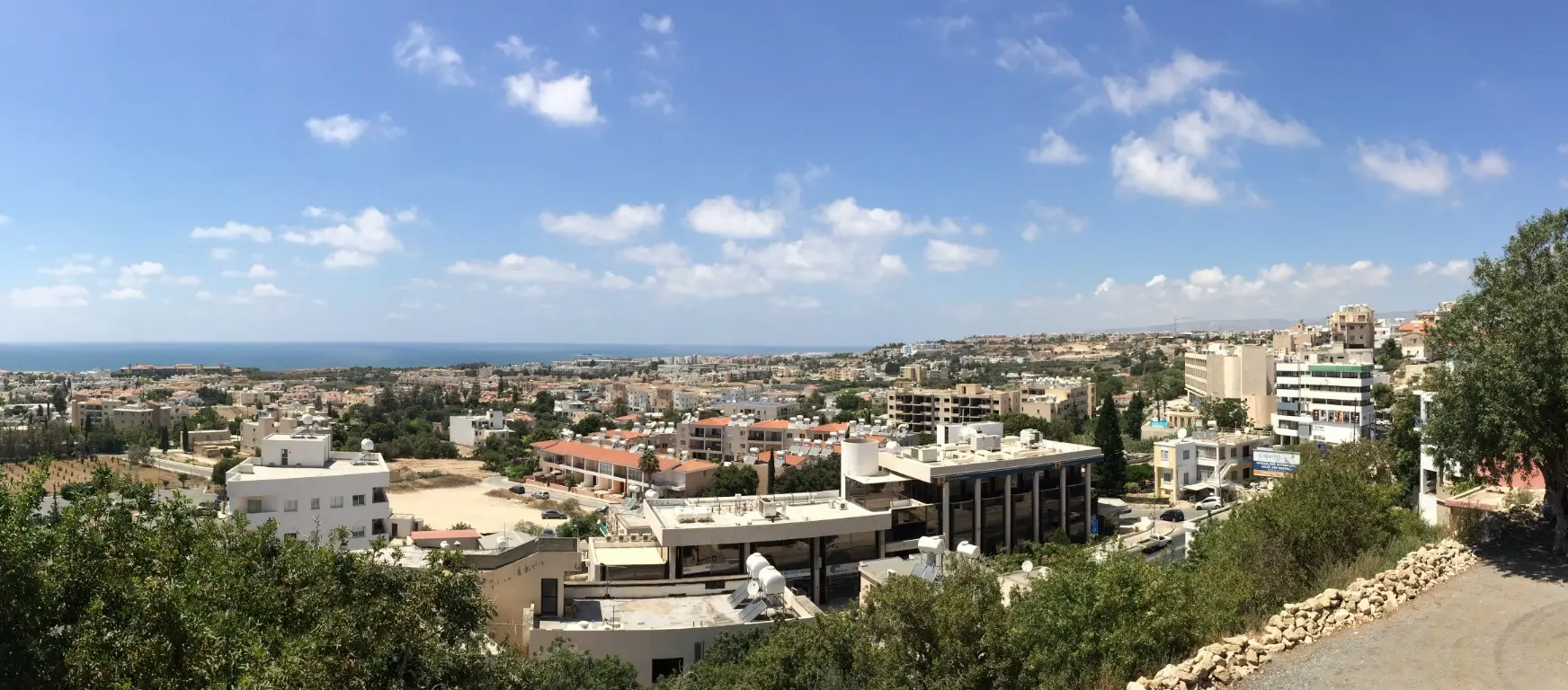Foreign demand for property in Paphos continues to dominate Cyprus’ real estate market, with 5,477 applications submitted by third-country nationals to acquire property in the district over the past five years, according to figures presented to parliament.
Limassol followed with 4,316 applications, while Larnaca saw 3,479. Nicosia and Famagusta recorded significantly fewer applications, with 886 and 816 respectively.
By July 7 this year, 53,100 property transfers to third-country nationals had been completed across Cyprus, most of them again in Paphos (20,800) and Limassol (17,100).
Larnaca accounted for 9,200 sales, Famagusta 3,500 and Nicosia 2,600.
A further 29,100 contracts remain pending with the land registry, including 9,500 in Paphos, 7,300 in Larnaca, 7,200 in Limassol, 4,200 in Famagusta and 900 in Nicosia.
It should be mentioned that foreign ownership has been steadily rising in Cyprus. Specifically, non-EU buyers made up 27.35 per cent of all property transactions in 2024.
Paphos again led the way, with foreign buyers representing 44.19 per cent of the market, followed by Larnaca at 33.85 per cent and Limassol at 26.51 per cent. In contrast, Nicosia recorded just 7.68 per cent.
Between 2021 and 2024, more than 37,000 properties were sold to foreign nationals, compared with over 200,000 purchased by locals.
British nationals were the most active foreign buyers in Paphos, while Russians led in Limassol and Lebanese buyers in Larnaca. Greeks topped foreign purchases in Nicosia.
Interior Minister Constantinos Ioannou, responding to a question from MP Nikos Georgiou, explained that applications are processed by district administrations, usually by a single officer, with average processing times ranging from one to two months.
Delays can occur due to workload or interdepartmental consultations, he said.
Ioannou further clarified that under Cap. 109, “acquisition of immovable property” covers not only purchase and sale agreements but also long-term leases over 33 years, shareholdings in property-owning companies, and trusts in favour of foreigners.
What is more, the minister stressed that a permit from the district governor is required for a property transfer to a third-country national but is not needed when filing a sale contract.
However, oversight remains weak, as foreigners can still file transfer deeds before securing a permit, and the Land Information System cannot distinguish buyers by nationality.
Despite these gaps, foreign demand remains robust, with Israelis, Lebanese, Russians and Britons among the most active buyers.
Industry professionals say this demand is helping keep the property market buoyant, though concerns are growing about affordability pressures for Cypriots.






Click here to change your cookie preferences